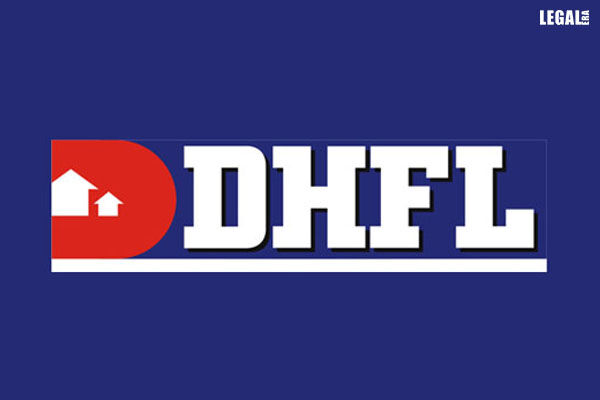
SEBI bars Wadhawans and officials from market for five years in DHFL funds case
An interim order in the matter had been passed in September 2020, imposing initial restraints
The Securities and Exchange Board of India (SEBI) has imposed a 5-year ban on former promoters of Dewan Housing Finance Corporation (DHFL), Kapil Wadhawan and Dheeraj Wadhawan, from the securities market for alleged fund diversion. They have also been prohibited from holding any key position in a listed company.
Apart from them, Rakesh Wadhawan and Sarang Wadhawan have been barred for four years, while former Chief Executive Officer and Joint Managing Director Harshil Mehta and former Chief Financial Officer Santosh Sharma have been debarred for three years.
The market regulator imposed a penalty of Rs.120 crore on all, with Kapil and Dheeraj to pay Rs.27 crore.
The officials were allegedly involved in a fraudulent scheme under which loans were disbursed to 87 Bandra Book Entities (BBEs) and the DHFL promoter group.
SEBI observed that 39 BBEs, which received Rs.5,662.44 crore from DHFL, transferred 40 percent of it in 48 companies linked to the DHFL promoters. As of March 2019, the net outstanding loans to BBEs was Rs.14,040 crore.
The regulator’s Whole-Time Member, Ananth Narayan, said that the large unsecured loans to related parties with extremely weak financials were termed as retail housing loans. He added, “The disguised nature of the BBE loans also delayed regulatory intervention and threatened market stability.”
SEBI could take further action to determine the quantum of illegal gains the officials made from the scheme.
It said that if DHFL had presented accurate financial statements and excluded ‘fictitious’ interest income from loans to BBEs, the company would have reported losses every year between FY 2007–2008 and FY 2015-2016, but, on the contrary, it earned profits.
SEBI’s order read, “To effect this elaborate deception, a fake virtual Bandra branch, and previously closed retail loan accounts were employed, alongside three accounting software systems, camouflaging the BBE loans as retail housing loans. In the initial years, over 30 percent of loans of DHFL were to these BBEs.”
The publication of false financials misled stakeholders and compromised the integrity of share price discovery, inducing investors to remain invested under the belief that ‘all was well’ at DHFL.